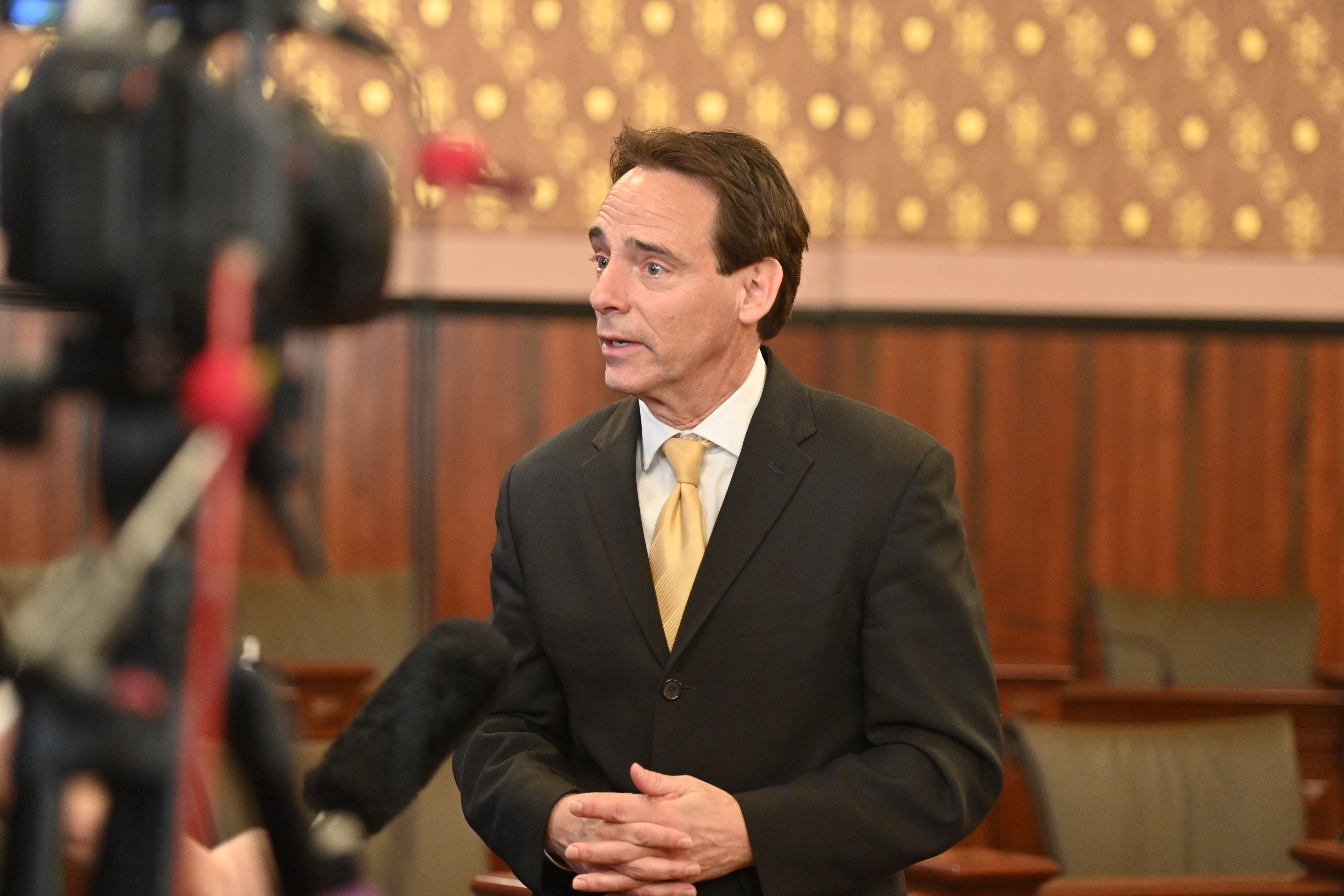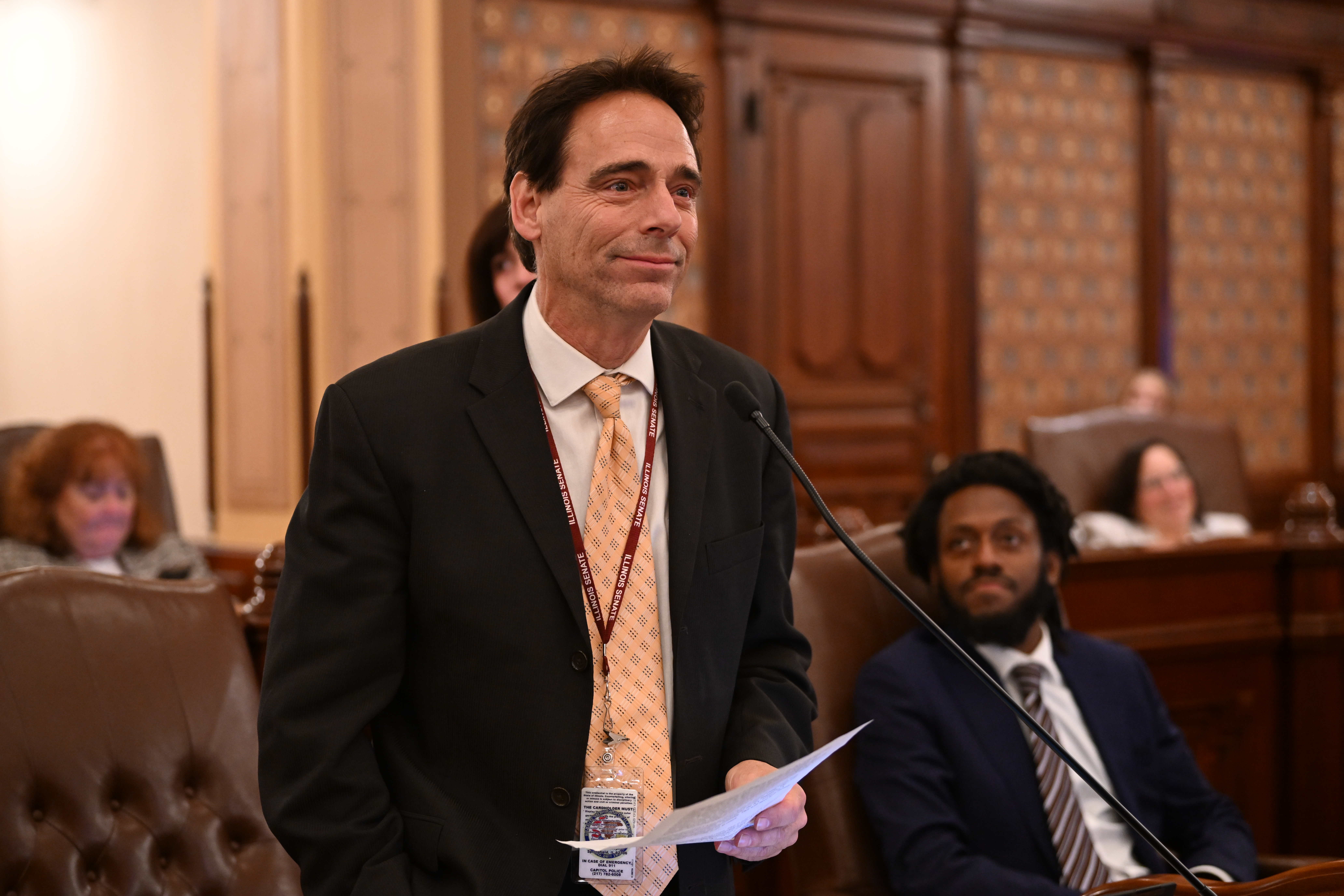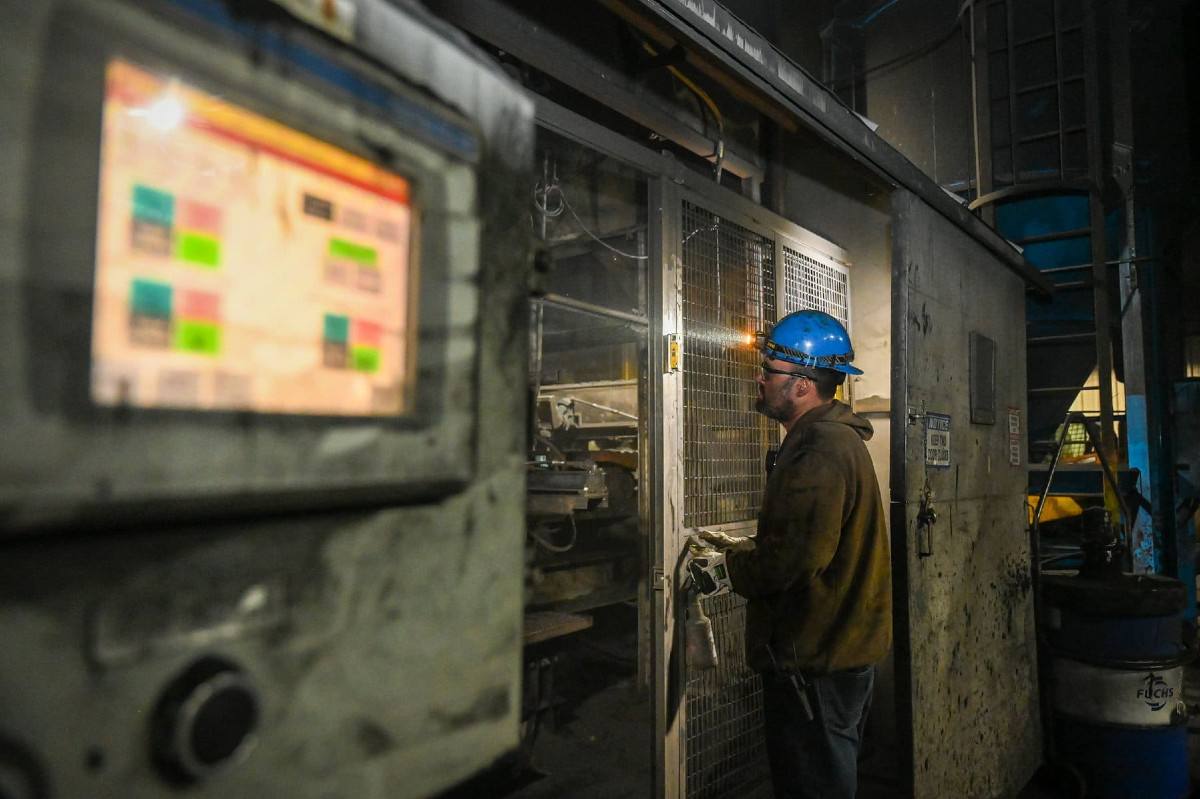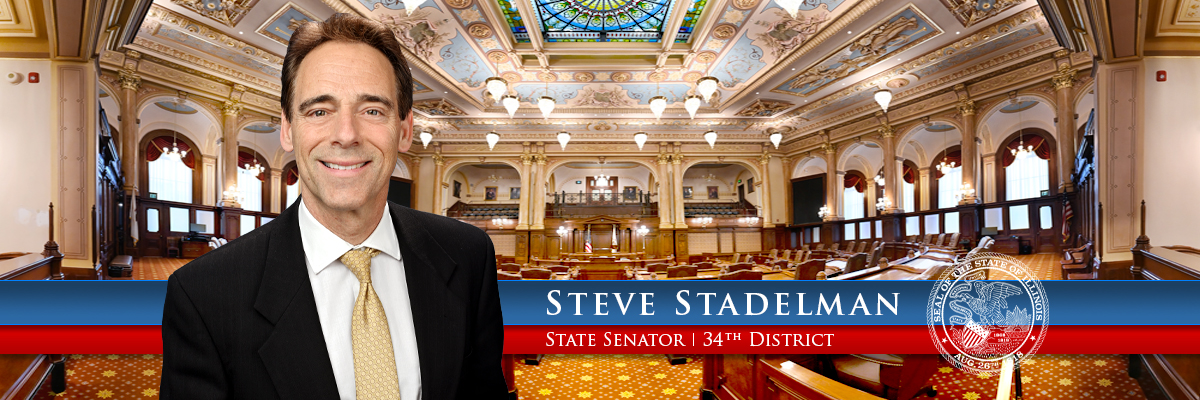Stadelman supports measure bringing senior property tax relief
- Details
- Category: Press Releases

“Many retirees across Illinois who rely on fixed incomes cannot continue meeting the demands of rising property taxes,” said Stadelman (D-Rockford). “This legislation alleviates this struggle by making it more financially feasible for older adults to remain in their homes.”
Senate bill 642 would deliver critical updates to help seniors on fixed incomes and help families facing economic challenges manage rising property tax costs. Under the measure, the maximum income limit for the Low-Income Senior Citizens Assessment Freeze Homestead Exemption would increase substantially over the next several years, beginning at $75,000 for taxable year 2026, increasing to $77,000 for taxable year 2027 and settling at $79,000 for taxable year 2028 and beyond.
Stadelman package to bring energy relief passes the Senate
- Details
- Category: Press Releases

“Across the country, energy prices have spiked and it’s impacting people’s ability to maintain access to essential utilities,” said Stadelman (D-Rockford). “This measure provides Illinois with new provisions to protect utility consumers by pushing back against the federal administration’s energy cuts and giving the state the flexibility to address market changes.”
Senate Bill 25 would give Illinois new tools to reduce utility rate hikes, strengthen the state’s power grid, expand renewable energy sources and keep bills low for consumers. The measure contains multiple provisions to tackle rising energy costs while transitioning Illinois to a cleaner, more reliable grid.
Stadelman applauds the reopening of Rockford Brake Manufacturing
- Details
- Category: Press Releases
 ROCKFORD — State Senator Steve Stadelman praised Monday’s announcement that the historic Rockford Brake Manufacturing factory is reopening following an Economic Development for Growing Economy (EDGE) for Startups agreement – bringing $6.6 million and 150 new job opportunities to the Rockford region.
ROCKFORD — State Senator Steve Stadelman praised Monday’s announcement that the historic Rockford Brake Manufacturing factory is reopening following an Economic Development for Growing Economy (EDGE) for Startups agreement – bringing $6.6 million and 150 new job opportunities to the Rockford region.
“This announcement highlights a welcome return on public investment in our workforce and emphasizes the importance of the automotive industry in Rockford’s economy,” said Stadelman (D-Rockford). “This investment enables the Rockford Brake Manufacturing company to revitalize their machinery and take part in the growing commercial vehicle industry.”
Together with state incentives and the efforts of four former employees of Gunite Corporation, a new business was established to save Rockford Brake Manufacturing by purchasing the 619,000-square-foot idled factory and relaunching operations. The company received an EDGE for Startups tax credit and has committed to making $6.6 million investment and creating 150 new full-time jobs, including hiring employees from the original workforce.
Stadelman helps secure $124,000 in childhood program funding for Boone and Winnebago counties
- Details
- Category: Press Releases
 ROCKFORD — State Senator Steve Stadelman secured $124,000 to support two local early childhood groups advance their efforts at strengthening children and families through their programs.
ROCKFORD — State Senator Steve Stadelman secured $124,000 to support two local early childhood groups advance their efforts at strengthening children and families through their programs.
“We are working together with local community partners to provide children and families with the best early childhood learning and care opportunities,” said Stadelman (D-Rockford). “Early childhood programs are vital stepping stones for children, preparing them for a successful future. It is important that all communities have access to inclusive, high-quality early childhood services.”
In the 34th District, Ready to Learn of Winnebago County’s Alignment Rockford and the Boone County Health Department’s Maternal Child Health Advisory Council will see a total of $124,000 to support early childhood services.
More Articles …
Page 1 of 124



